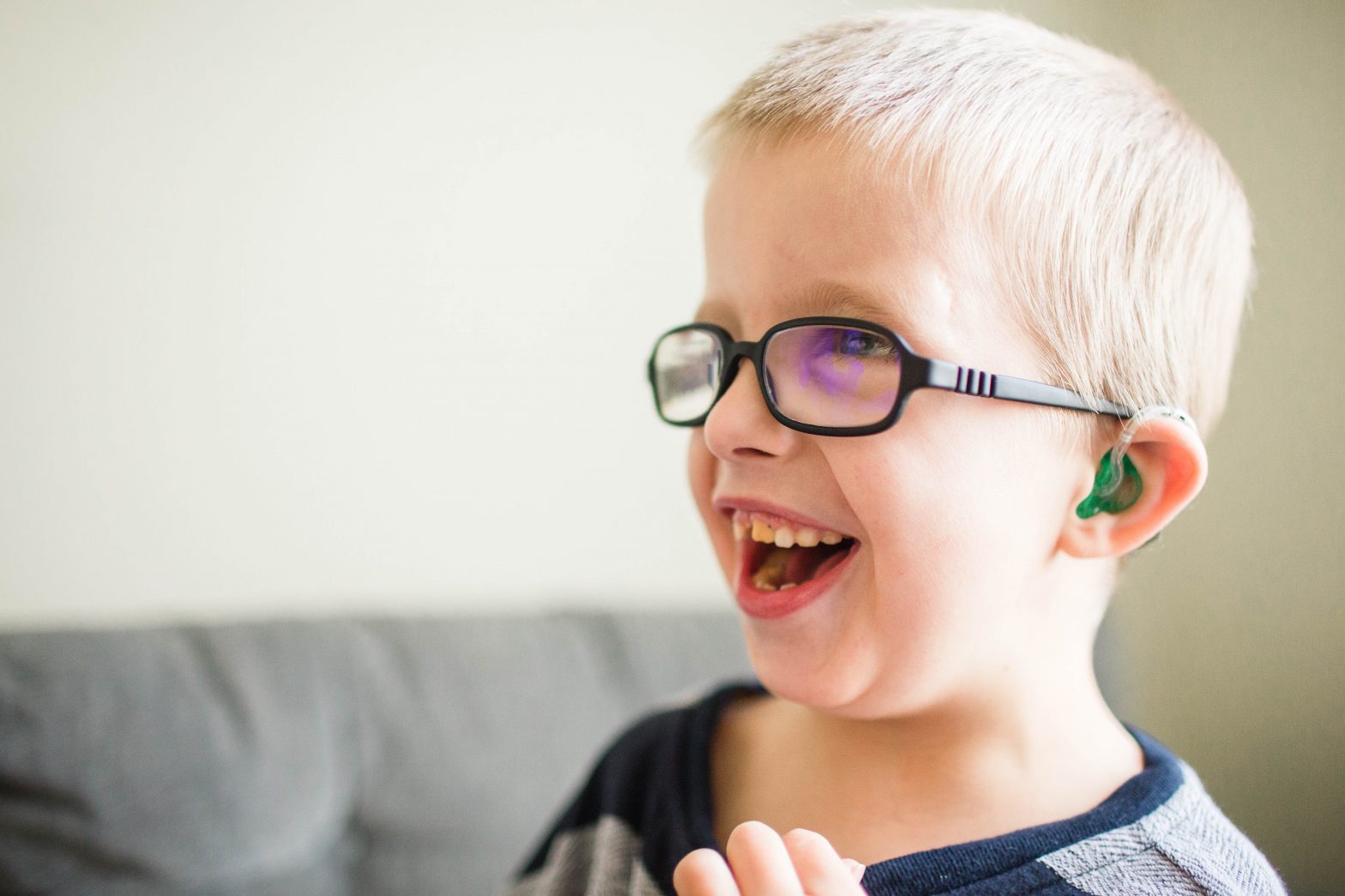The story of Ashley
Our journey with a rare disease began in 2010 when our fourth child, Archer, was born. Around six months of age, he began having rapid eye movement, or nystagmus. After some testing, he was diagnosed with a retinal disease, and we were told he would be blind. Archer continued to display delays, such as not being able to sit up. I was told he was delayed because of his vision loss, but I felt something else was wrong. Eventually, his doctor ordered a CT scan, which returned normal. I happened to stumble upon an article from the Foundation for Retinal Research about his retinal disease and Zellweger Syndrome. I read the symptoms and I feared the worst; Archer had many of the symptoms of Zellweger spectrum disorder (ZSD). I showed it to his geneticist and requested testing for it. The doctor didn’t think he had ZSD, and delayed testing him for it while we waited for previous test results. Eventually, my mother’s instinct proved accurate, as he was in fact diagnosed with Infantile Refsum Disease (IRD) within ZSD. It took us a year to get his diagnosis, and who knows how much longer it may have taken had I not read the article. Now, IRD falls under Peroxisomal biogenesis disorders-Zellweger spectrum disorder (PBD-ZSD). PBDs are rare, genetic, terminal conditions that affect all major organ systems.
As a parent, this disorder can be very hard to manage because of the multiple systems that are affected. Archer has hearing and vision loss, cognitive and speech delays, and low muscle tone which affects his ability to walk and balance. He needs careful supervision, because he wants to be independent but is not physically able to do so. Even though he learned to walk at age 3 ½, we have started to use a walker again because his balance is worsening. He is also showing signs of liver damage, and his hearing has deteriorated to severe/profound hearing loss. Children with PBD are also prone to adrenal insufficiency and bone fractures. In early January, Archer had a g-tube placed to help us meet his nutritional needs. Despite all his challenges, Archer is full of joy and laughter. He falls, cries, needs a hug, and then he’s back to happily engaging in the world around him. He loves dairy free ice cream bars, school buses, and being around other children. Archer inspires everyone around him to live with joy, just as he does.
I try not to think about the future too much and enjoy each day with Archer. My head knows that Archer’s disease is terminal, but my heart can’t imagine a life without him. Before Archer’s diagnosis, we were able to find The Global Foundation for Peroxisomal Disorders (The GFPD). They provide families like ours with resources, support, and family conferences/meetups. The GFPD is making amazing progress encouraging research and bringing professionals together to make these advancements become a reality. Rare Disease Day is important to us because we want to raise awareness by sharing Archer’s precious life. We want others to know this disease exists, and that there is a need for treatment options so children born with rare diseases like PBD-ZSD can be diagnosed earlier and live longer, healthier lives.
